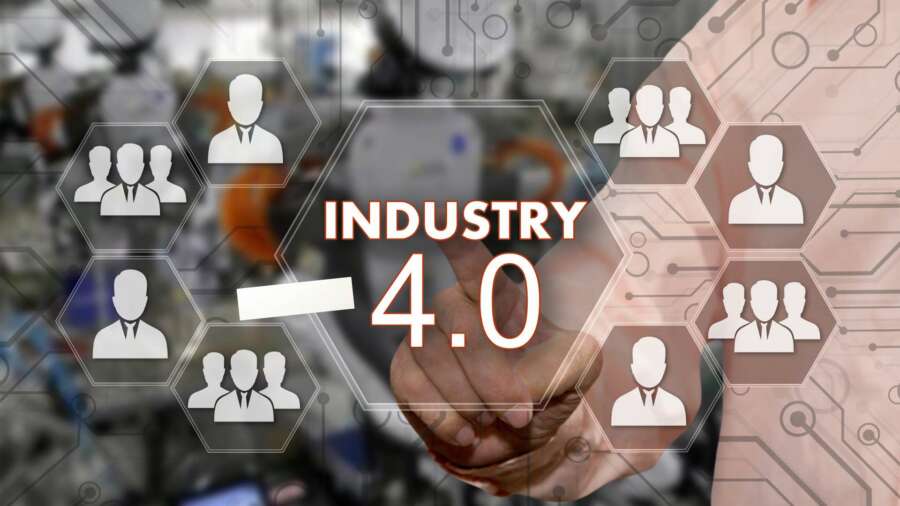
By Freddie Talberg, Co-Founder, CEO, Work Safe and EMSOL
Recent news has brought hope to the UK, with the promise of an imminent vaccine and a rebound from recession which has struck a tone of cautious optimism whilst in the second wave of national lockdown.
We must be frank about the next 6 months or so – there is still not a credible plan for keeping those workers who cannot work from home protected until there is a widespread rollout of a vaccine. If there is a valuable lesson to be taken from the pandemic, it is that a SARS risk management plan will be crucial to forward planning for viable businesses in the future.
But whilst there may be light at the end of the tunnel, British industry is going to require great reserves and an abundance of innovation to respond to the months ahead. This opens up questions about safety and social distancing in the manufacturing and construction industries. These industries have continued working throughout various regional and national lockdowns and we need to make sure these workforces are kept safe.
Behind the headlines, we recognise the tremendous challenges presented to both construction and manufacturing sectors in maintaining levels of productivity, as these frontline workers have been heavily impacted by temporary closures and the inevitable challenges of working in close proximity.
For all the narrative about the “new normal” of homeworking, it is all too easy to forget that for businesses in construction and manufacturing, it is a frontline task, and impossible to work from home. And in parts of the UK, local economies with a heavy dependence on these sectors need to keep workplaces open for their own survival. Take Bradford as a case in point where 75% of workers simply cannot work from home.
The economic potential and productivity benefits of keeping 12.9 million people safe, workplaces open and in full employment across these three sectors is tremendous. From 2019-2020, manufacturing output was worth £192bn to the British economy and made up 47% of UK exports alone.
This issue spans beyond economics and statistics. This is also about communities. It is not unusual for whole towns and communities to be centred around a factory. In 2015 for example, the town of Redcar near Middlesbrough was left devastated by the announcement of the closure of the SSI steel plant. A loss of 2,200 jobs is enough to wreak havoc on any medium sized town.
Currently, even in the businesses that are functioning, they are operating well below their pre- Covid productivity. A UK Powerhouse report uncovered that manufacturing was the hardest hit industry throughout this pandemic – largely due to worksite and workplace restrictions, infection outbreaks and government-led lockdowns. This is having an enduring impact and keeping workplaces open is vital as an economic stimulus.
Innovation to keep workplaces open
As the pandemic evolved, it became obvious that EMSOL’s cloud technology, with sharp location accuracy could serve a purpose. We needed a preventative, not a reactive workplace track and trace tool – the primary focus being to protect workers from becoming infected, but also to protect business productivity.
We launched Work Safe to harness the same technology to solve the issue of workplace social distancing. Using a physical fob which is worn on the person, Work Safe monitors location in real time. It can monitor pinch points on a site, or times of the day when people traffic tends to be heavier. The key element of Work Safe, is that it is preventative – it does not rely on a retrospective measure of tracing case by case, as the system is built on keeping people apart in the first place.
Our technology can also reduce the clutter of sites by negating the need for this equipment via tracking. When we consider how organisations will work in the future there is going to be a requirement for smart spaces that work more effectively, efficiently and with a greater welfare aspect to them.
Future proofing
Productivity is going to be key to the UK’s economic recovery in the coming months and unlocking the potential in manufacturing and construction will be instrumental. With Brexit on the way at the end of this year, there will be increased pressure on these industries and the UK economy. In this fluctuating climate it is of grave importance that we protect workers, jobs, and in turn the economy.
The pandemic has brought about unprecedented challenges and restrictive measures have tested the viability of many businesses. But we now stand at a critical juncture.
Deploying the UK’s world-class credentials in developing ground-breaking technologies, including that of location tracking software could be a gamechanger in resuming pre-Covid levels of productivity and ensuring Britain’s frontline workforce are able to play our part in a bright economic future.


